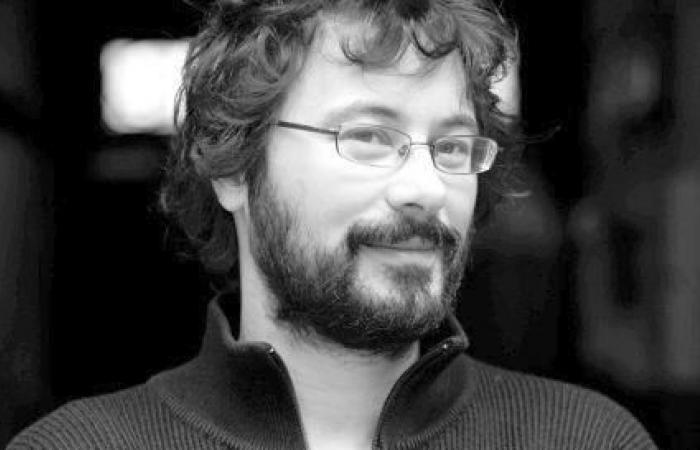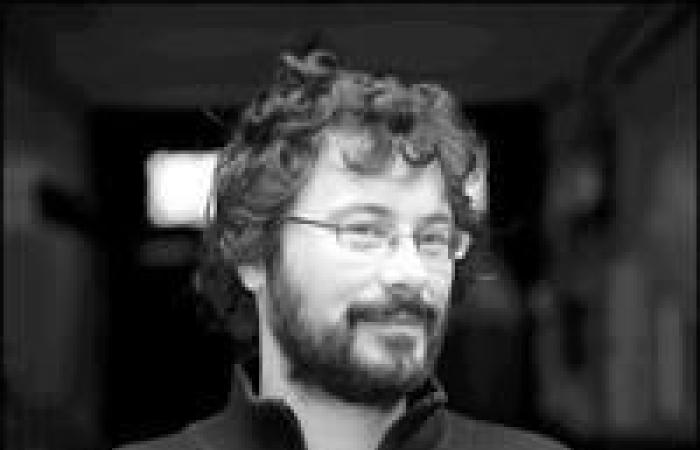Everyone is talking about the “energy transition” which is supposed to, thanks to renewable energies, mitigate climate change and decarbonize the economy. But this concept is based on an “erroneous” reading of history, believes historian Jean-Baptiste Fressoz. For him, we must above all ask ourselves the question of the size of the economy and the use of resources.
The energy transition “is more of a slogan than a scientific notion”, underlines Jean-Baptiste Fressoz, interviewed Monday in Tout un monde. The historian of science, technology and the environment points out the current discourse, which makes people believe that one energy replaces another when they are used in symbiosis. The production of energy can even be boosted by new energy.
The historian recalls that in the 20th century, despite significant innovations, raw materials continued to grow. “So behind the appearance of great technological transformations, the material history of humanity is a history where everything only grows,” analyzes Jean-Baptiste Fressoz. He underlines “the radical strangeness of the dominant discourse, which is to say that with technological innovation, we will solve the climate problem”.
An example: wood
“Energies rely on each other,” insists Jean-Baptiste Fressoz, developing the historical example of wood. “The consumption of wood energy only increased in the 19th and 20th centuries, despite the industrial revolution, despite coal, despite oil and even in fact, it grew thanks to oil and thanks to coal,” underlines the historian.
“For example, in the 1900s until the 1960s, the mines of Western Europe – England and Belgium especially – consumed absolutely staggering quantities of wood, if only to afforest the mine galleries,” describes Jean-Baptiste Fressoz.
Constant technological progress
Renewable energies are essential and they must be developed, underlines Jean-Baptiste Fressoz. He cites, for example, the low cost of solar panels which will make it possible to reduce the use of coal in electricity production. But he points out that renewable energies cannot meet all demands.
“With solar power, we cannot make steel, we cannot make fertilizer for agriculture and it is not very useful for making plastic,” he emphasizes. And when we place renewable energies in longer historical trajectories, “we understand that it is not that big of a revolution.”
We must temper the revolution represented by renewable energies
In the history of technology, there have been other discoveries that have enabled productivity gains. For example, the steam engine, then at the beginning of the 20th century, its replacement by electric motors which made it possible to reduce CO2 emissions ten times for an equivalent mechanical force.
“Nowadays, when we replace a gas power plant with a field of photovoltaic panels, we divide the carbon intensity of electricity by ten,” illustrates Jean-Baptiste Fressoz. “The history of humanity is a story of constant technological progress.” “That does not prevent emissions from continuing to grow,” underlines the historian.
Procrastination and smoking
Solar panels or wind fields help reduce the carbon intensity of the economy. “It’s good, but it’s not an energy transition, it’s something else,” analyzes the historian. For him, we must also talk about the size of the economy and think about the question of reducing demand.
Demand reduction must be a key issue in our debates on climate change.
The idea of energy transition is a form of blindness for Jean-Baptiste Fressoz. “We have the vision of an economy which will be entirely decarbonized in 2050 and therefore this allows us to avoid asking the question of uses and the size of the economy,” believes the historian. “If we think we will have hydrogen planes, we do not need to reduce the size of aviation.”
“The notion of energy transition justifies procrastination and has, in part, a smokescreen function; it allows us to continue as before while waiting for future changes,” believes the historian. In the case of the hydrogen plane, “we know that it is something which a priori will not work. In any case, aeronautical engineers are extremely skeptical about the interest of the thing.”
Think about the use of CO2
For Jean-Baptiste Fressoz, everything technological makes it possible to avoid a debate on the most rational and social use of CO2. “If, as is likely, there is still CO2 in the global economy in 2050, the key question is where do we invest? To do what? How useful is this ton? of CO2?”, suggests the historian.
He gives the example of cement, “very difficult to decarbonize”. The historian cites uses that he considers useful, such as a bridge or a water supply network in megacities in poor countries, or perfectly useless ones, such as a sixth motorway lane in Switzerland or skyscrapers in the cities of rich countries. “The problem is that the capitalist system cannot sort things out,” says the historian.
“And it’s not a moral question,” he says, “it’s just that building a skyscraper in Manhattan will probably bring in more money per ton of cement invested than building a water supply network in a megalopolis in a poor country.
Radio subject: Patrick Chaboudez
Adaptation web: Julie Liardet







